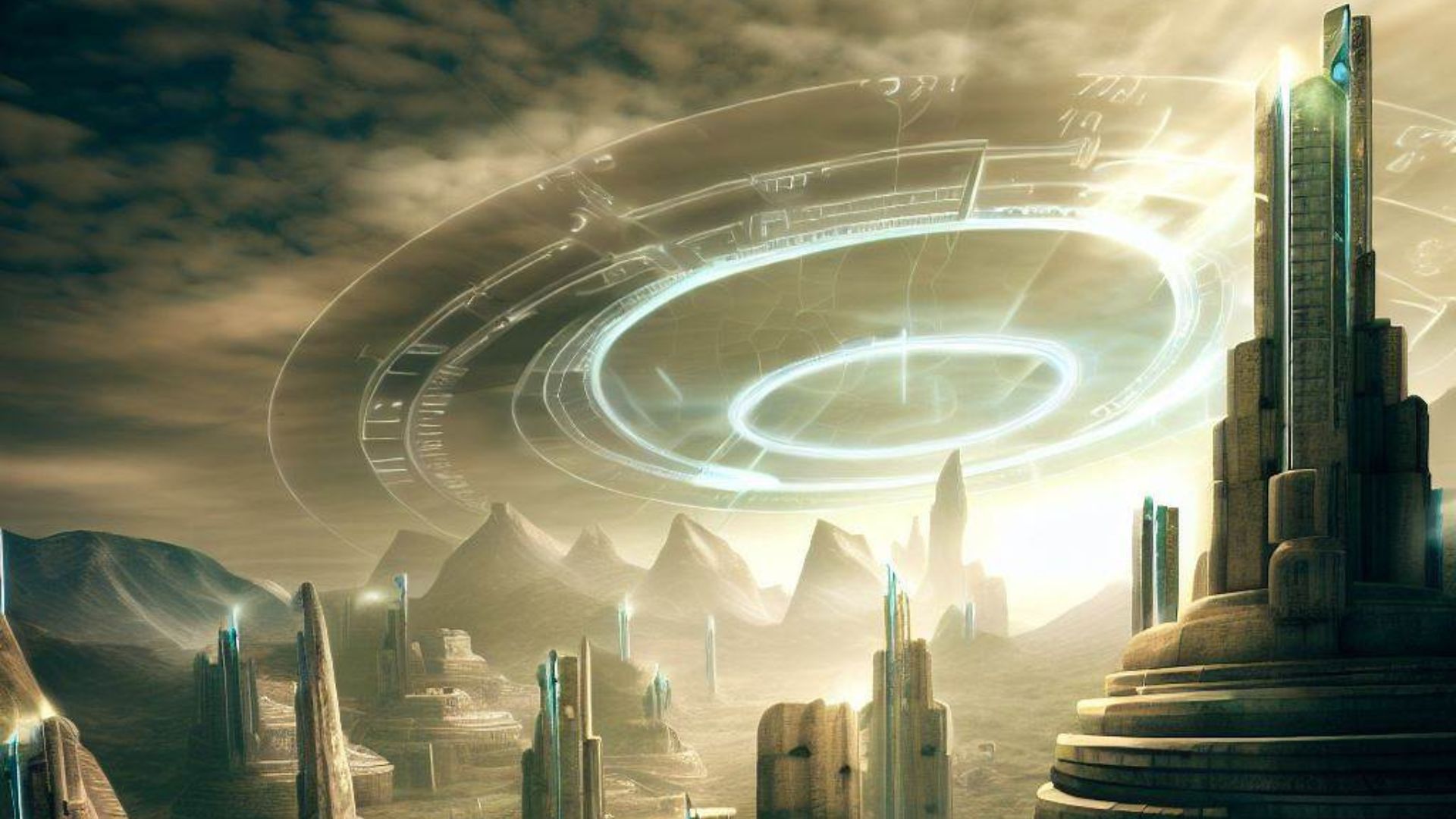Introduction
The idea of a civilization existing on Earth before the rise of humans has fascinated scientists and curious minds alike.
It’s a topic that sparks our imagination and raises intriguing questions about the history of our planet.
In this article, we delve into the available evidence and contemplate the notion of an advanced society predating Homo sapiens.
An Unexpected Question
During a visit to NASA‘s Goddard Institute for Space Studies (GISS), an astrophysicist found himself confronted with a profound question.
Gavin Schmidt, the director of GISS, interrupted the scientist’s presentation with a thought-provoking query: “How do you know we’re the only time there’s been a civilization on our own planet?”
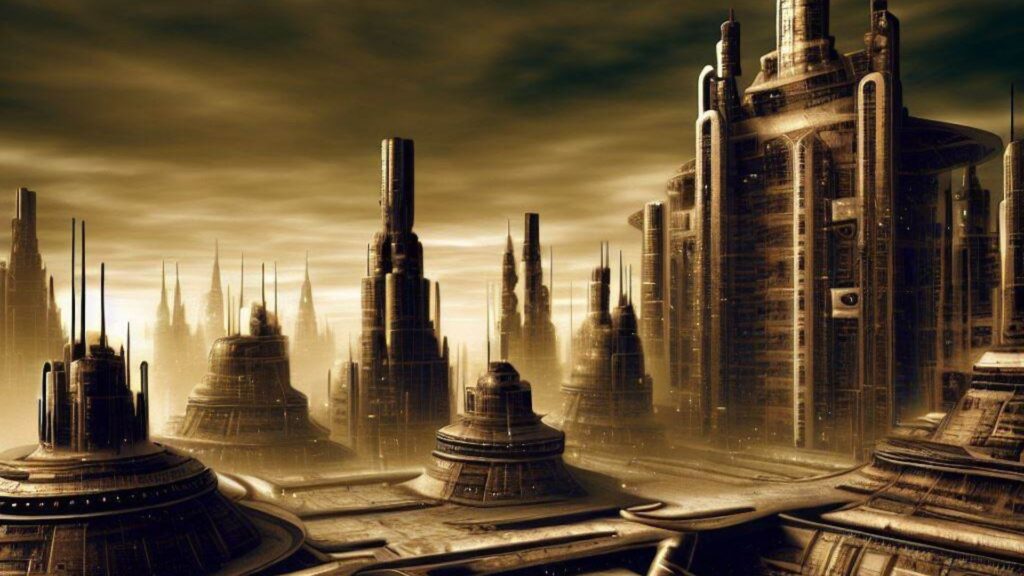
Merging Astrophysics and Climate Science
This encounter took the scientist on an unexpected research journey, combining the realms of astrophysics and climate science.
Their goal was to explore the potential for any industrial civilization, regardless of its planetary origin, to trigger a climate shift similar to the current global warming crisis.
Seeking insights and collaboration, the astrophysicist presented their ideas to Gavin Schmidt.
For those who are fascinated by the unexplained mysteries of our ancient past, our in-depth article at Atmospheric Lights delves into the possibility of pre-human advanced civilizations. Discover more about these intriguing ancient mysteries and possibilities in our comprehensive exploration.
Challenging Conventional Perspectives
Schmidt, recognizing the vast evolutionary history of Earth, posed a captivating question: “Could we tell if there’d been an industrial civilization that deep in time?”
This question pushed the boundaries of scientific inquiry, transcending the realm of science fiction and demanding a rigorous examination of the available evidence.
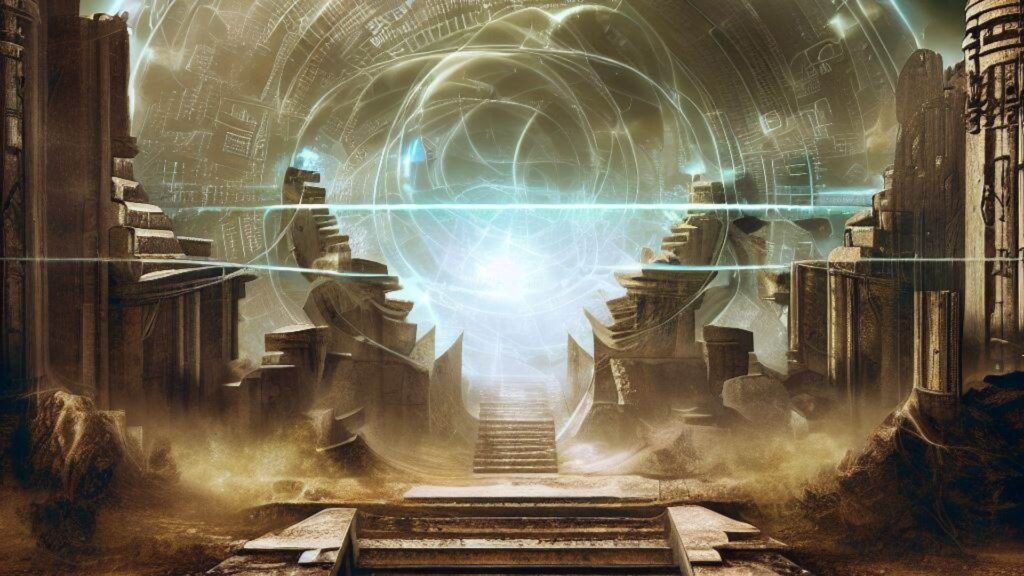
Uncovering Evidence Through Inquiry
To assess the plausibility of an ancient civilization on Earth, scientists explore various lines of inquiry.
One approach involves investigating geological anomalies and potential traces of past industrial activity.
These could manifest as unusual patterns of sedimentation, anomalous chemical compositions, or even remnants of technological artifacts.
Insights from Paleontological Research
Paleontological research plays a vital role in unraveling Earth’s ancient history.
By examining fossils and studying ancient ecosystems, scientists can uncover potential indicators of intelligent life forms that existed before humans.
The search extends to the depths of the ocean, where underwater explorations might unveil hidden clues about Earth’s prehistoric civilizations.
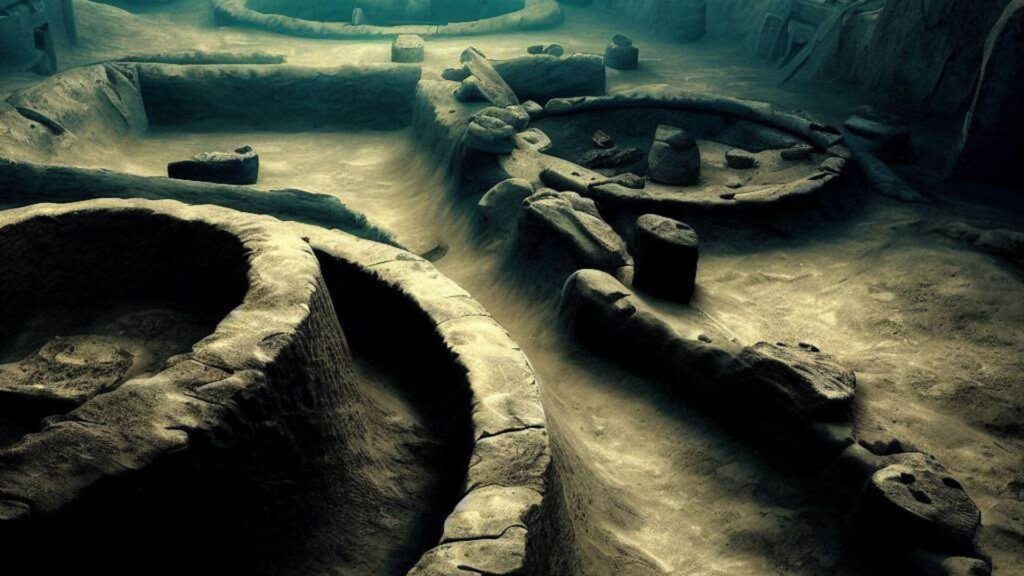
The Challenges of Detection
Detecting the remains of a civilization that existed millions of years ago presents significant challenges.
Geological processes such as erosion and tectonic activity can erase traces of past civilizations over time.
Fossils and artifacts may be buried deep within the Earth or submerged beneath the ocean, making their retrieval an arduous task.
Expanding Our Definition of Civilization
Our limited understanding of what constitutes a civilization can hinder the identification of ancient societies.
Often, we associate civilization solely with technological advancements, inadvertently overlooking alternative forms of intelligence.
Broadening the scope of our search and rethinking preconceptions may be crucial in unraveling the mysteries of Earth’s past.
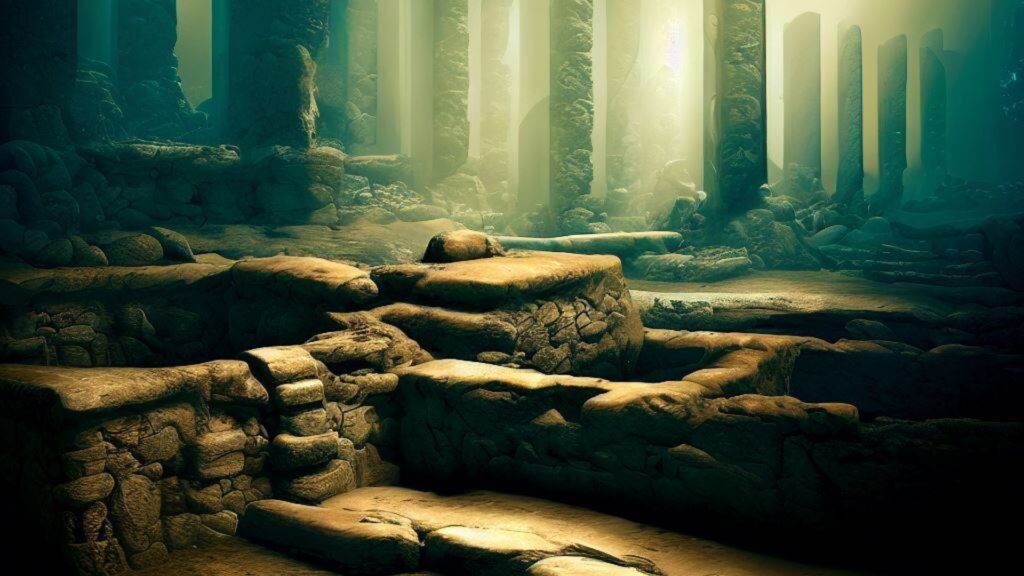
Separating Fact from Fiction
Speculations about ancient civilizations on Earth are not new. Legends and myths have recounted tales of lost cities and advanced societies predating recorded history.
However, separating genuine evidence from imaginative storytelling requires rigorous analysis and a careful examination of available data.
Scientific skepticism guides us in distinguishing the extraordinary from the ordinary.
Significance and Implications
The question of an ancient civilization on Earth holds profound significance.
Beyond satisfying our intellectual curiosity, it challenges our assumptions about the uniqueness of our own species.
Discovering evidence of a pre-human civilization invites reflection on the broader potential for intelligent life and its rise and fall on other planets.

A Lesson for the Future
Contemplating the existence of an ancient civilization prompts us to reevaluate our relationship with the planet.
It highlights the fragility of civilizations and the importance of sustainable practices.
Learning from the potential mistakes of our predecessors, whether real or hypothetical, can guide us toward a more resilient future.
Conclusion
The question of whether there was a civilization on Earth before humans pushes the boundaries of our knowledge and ignites our imagination.
While conclusive evidence remains elusive, scientists continue to explore various avenues in search of answers.
The pursuit not only sheds light on Earth’s ancient history but also deepens our understanding of our place in the cosmos.
As we navigate the mysteries of our past, we gain insights that can shape our future.
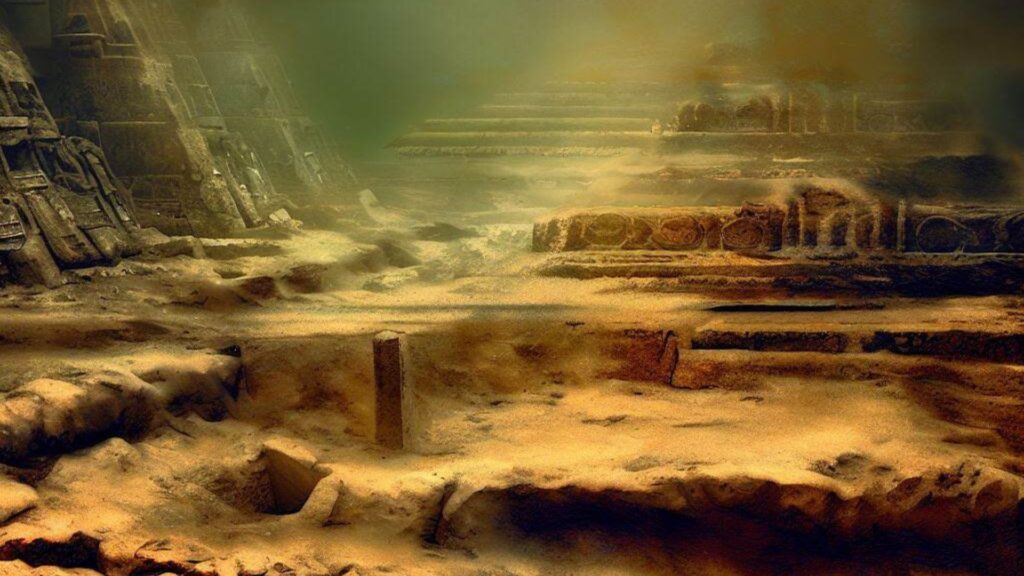
Uncovering Clues to Ancient Civilizations on Earth
- Geological anomalies and traces of past industrial activity
- Paleontological research and examination of ancient ecosystems
- Exploring the depths of the ocean for hidden clues
- Overcoming challenges of erosion, tectonic activity, and burial
- Expanding our understanding of what constitutes a civilization
- Separating fact from fiction through rigorous analysis
- Significance of an ancient civilization on Earth
- Reflection on the potential for intelligent life beyond humans
- Lessons for a more sustainable future
FAQ
- Question: Is there any evidence of an ancient civilization on Earth? Answer: While conclusive evidence is yet to be found, scientists are actively investigating geological anomalies, paleontological research, and potential traces of past industrial activity to uncover clues about the existence of an ancient civilization on Earth.
- Question: How can we detect remnants of a civilization that existed millions of years ago? Answer: Detecting remnants of an ancient civilization poses significant challenges. Geological processes, such as erosion and tectonic activity, can erase traces over time. Additionally, artifacts and fossils may be buried deep within the Earth or submerged beneath the ocean, making their retrieval difficult.
- Question: What defines civilization in the context of ancient societies? Answer: Civilization is often associated with technological advancements, but it is crucial to expand our definition. Alternative forms of intelligence and societal organization might have existed, and reevaluating our preconceptions is necessary to identify ancient civilizations accurately.
- Question: How do we separate fact from fiction in the study of ancient civilizations? Answer: Distinguishing fact from fiction requires rigorous analysis and careful examination of available data. Scientific skepticism plays a key role in critically evaluating legends, myths, and other narratives to identify genuine evidence of ancient civilizations.
- Question: Why is the existence of an ancient civilization on Earth significant? Answer: Discovering evidence of an ancient civilization challenges our assumptions about human uniqueness and prompts us to reflect on the broader potential for intelligent life in the universe. It also underscores the importance of sustainable practices and learning from the mistakes of our predecessors for our future.
Understanding our past is a critical part of understanding our present. The question, ‘Could there have been technologically advanced civilizations before humans?’ is particularly intriguing. Dive deeper into this topic by reading our comprehensive discussion on the Silurian Hypothesis at Atmospheric Lights.

